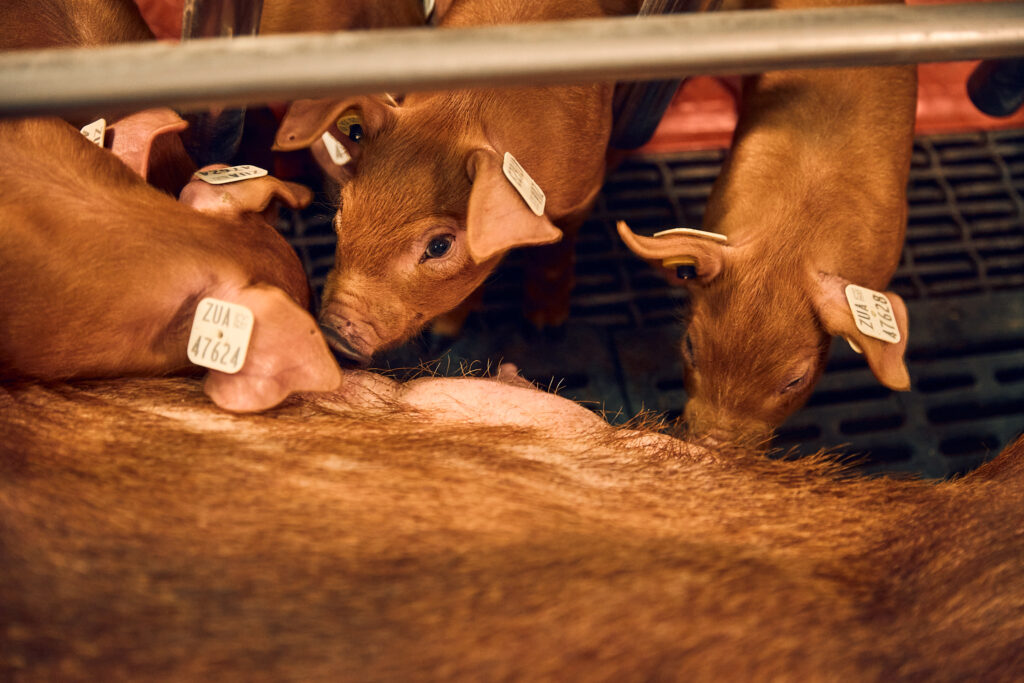The US Food and Drug Administration (FDA) has today granted approval to PIC for the gene edit used in its PRRS-resistant pig, determining that the technology is safe and effective.
After a long regulatory process to reach this point, PIC described it as a ‘landmark approval’, as it becomes among the first companies to gain approval for gene editing in commercial livestock in the US.
“We have spent years conducting extensive research, validating our findings and working with the FDA to gain approval,” said Matt Culbertson, PIC’s Chief Operating Officer. “Today marks a major milestone for consumers, farmers and the entire pork industry who have desperately hoped for a solution to PRRS.”
The FDA-approved gene edit will be used to breed PIC’s PRRS-resistant pigs, helping to tackle one of the most devastating, global swine diseases that affects pig health and welfare, exacerbating the need for antibiotics and increases the environmental impact of raising pigs.
FDA approval does not automatically trigger commercialization in the US, however. Among the barriers to overcome will be need for countries trades pork with to accept the technology.
Genus, PIC’s parent company, said successful US commercialisation will also requires approvals in key US export markets, such as Mexico, Canada and Japan. It said it continues to make progress with regulators in these jurisdictions as well as with other international regulators, including China.
Brazil, Colombia and, more recently, the Dominican Republic have already issued positive determinations for PRP, meaning those countries will regulate the PRP the same as any other pigs.
“We are committed to the responsible and intentional introduction of the PRRS-resistant pig around the globe. Gaining FDA approval for the technology is an important step in this process, and we are working with additional countries to gain regulatory approval and protect global trade prior to initiating sales and delivery,” Mr Culbertson added.
Meat quality similarity
While the disease-resistant technology is new, pork from PRRS-resistant pigs is no different to other pork, except for resistance to the infection caused by the PRRS virus. This was confirmed by a recent study which reviewed 97 meat quality and composition data points, PIC said.
“Addressing PRRS can allow us to improve animal welfare and reduce the environmental impact of raising pigs,” said Banks Baker, Global Director of Product Sustainability.
“Recent research indicates that PRRS increases the need for antibiotics by more than 200%. Plus, a recent ISO-conformant lifecycle assessment found that eliminating PRRS could reduce greenhouse gas emissions by 5% in the US.”
PIC is hoping the government’s Precision Breeding Act, which, applying to England, passed into law last year, could ultimately pave the way for the technology in the UK.




